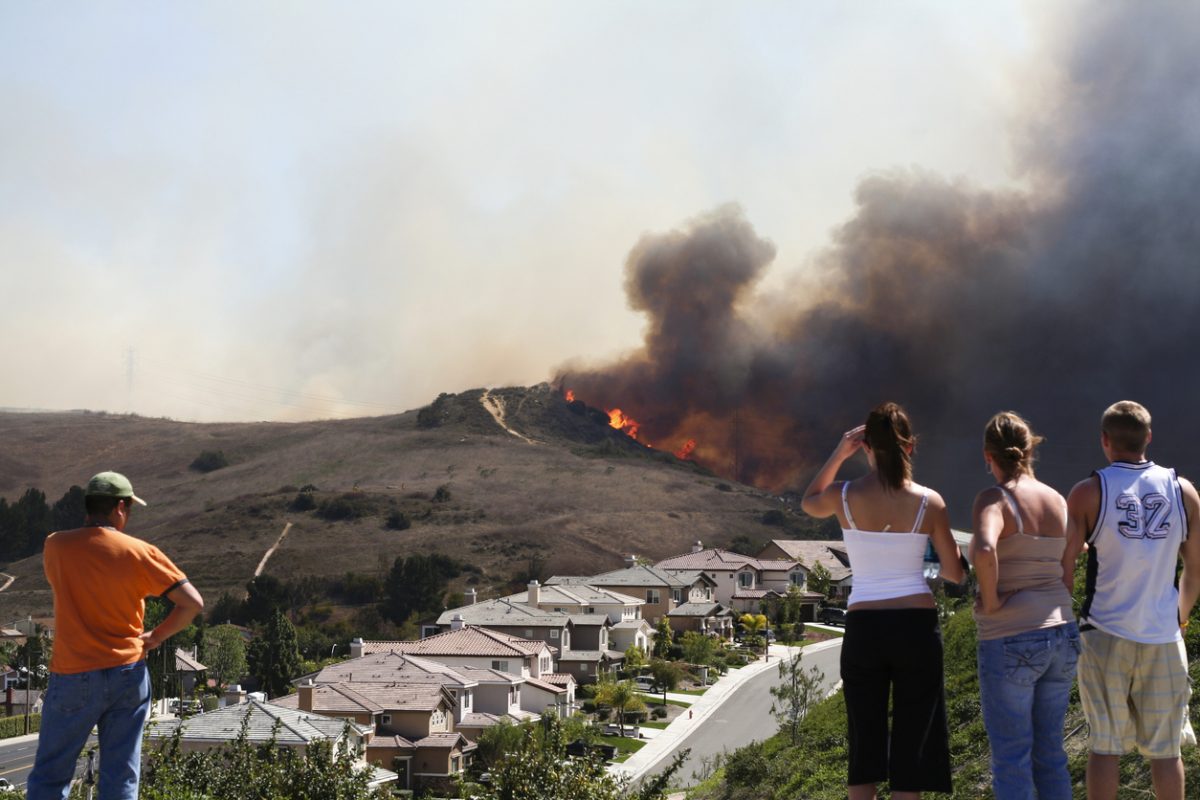
COVID-19 and Physician Assistant Education:
Big Changes in the Classroom, Bigger Changes in the Clinic
Physician assistant (PA) education has always been delivered over a condensed timeline, and PA programs tend to be approximately half as long as MD programs in terms of duration of the course. This flooded schedule leaves little room for adjustment when health care emergencies, such as the coronavirus disease 2019 (COVID-19) pandemic, force changes in medical education. In the months since March 2020, medical education, particularly PA education, has adapted rapidly to ensure the delivery of a quality education, while preventing delays in training and graduation.1,2
COVID-19 was declared a global pandemic by the World Health Organization on March 11, 2020,3 putting the brakes on education on both the didactic and clinical sides.2 Since then, there have been numerous changes in the way medicine is practiced, medications are prescribed,4 and medical and PA student education is conducted.2 Some issues have significantly impacted PA students during these stressful times. All levels of education have seen big changes, but teaching hands-on skills such as suturing, casting, and intubation is challenging via teleconference without missing something and running the risk of sending unskilled students into the clinical setting. Another component of medical education affected by pandemic precautions is interactions with standardized patients. Institutions have been unable to bring in standardized patients for hands-on Objective Structured Clinical Examination events or practice of examination techniques. COVID-19 restrictions have also limited student access to hands-on anatomy instruction, a vital piece of medical education. These limitations will surely impact students as they transition into the clinical setting in 2021.5,6
On the clinical end, over 60% of PA programs had changes to the number of direct patient care, hands-on clinical hours, or weeks necessary to complete a required rotation according to the Physical Assistant Education Association COVID-19 Rapid Response Report from May 2020.1 Alterations to rotations may result in members of the class of 2020 entering the work force with less experience than members of prior classes. The class that is currently in clinical rotations is also receiving less clinical experience due to reduced clinical hours and strict COVID-19 screening protocols that many health systems are using to keep learners safe. Anyone with fever and cough is a potential COVID-19 patient, which deprives students of the experience of working through the differential and treatment for common presentations of respiratory illnesses.7,8 There are also changes in patterns of patients presenting to clinics and inpatient settings due to COVID-19, which require more nuanced training to recognize cues related to the impact of COVID-19 on both physical and mental health.9
This collection of changes has put great stress on the PA education system, but on students in particular. They have had to be flexible due to the ever-changing environment and live with uncertainty and stress regarding the future of their education and job prospects postgraduation.2 This additional stress has undoubtedly taken a toll on the mental health of current clinical students, but it will also most likely prepare them for the increased stressors and uncertainty of the post COVID-19 world of medicine they will be graduating into.
Received: October 19, 2020.
Published online: January 14, 2021.
Potential conflicts of interest: None.
Funding/support: None.
REFERENCES
1.Physician Assistant Education Association. COVID-19 Rapid Response Report 1. Washington, DC: PAEA; 2020.
2.Batchelder E, Piper L, Sarwar S, et al. Psychiatric medical education in the age of COVID-19: the Penn State health experience. Prim Care Companion CNS Disord. 2020;22(5):20com02773. PubMed CrossRef
3.WHO Director-General’s opening remarks at the media briefing on COVID-19. World Health Organization website. https://www.who.int/director-general/speeches/detail/who-director-general-s-opening-remarks-at-the-media-briefing-on-covid-19—-11-march-2020. March 11, 2020. Accessed October 11, 2020.
4.Mansuri Z, Adnan M, Motiwala F, et al. Risk of QTc prolongation with chloroquine/hyroxychloroquine and azithromycin treatment for COVID-19: quantification and precautions for a busy clinician. J Arrhythm. 2020;36(4):806-807. PubMed CrossRef
5.Bondy MJ. Physician assistant education in a post-COVID-19 world. J Physician Assist Educ. 2020;31(3):109-110. PubMed CrossRef
6.Lim ECH, Oh VMS, Koh D-R, et al. The challenges of “continuing medical education” in a pandemic era. Ann Acad Med Singapore. 2009;38(8):724-726. PubMed
7.Newman NA, Lattouf OM. Coalition for medical education—a call to action: a proposition to adapt clinical medical education to meet the needs of students and other healthcare learners during COVID-19. J Card Surg. 2020;35(6):1174-1175. PubMed CrossRef
8.Kanneganti A, Sia C-H, Ashokka B, et al. Continuing medical education during a pandemic: an academic institution’s experience. Postgrad Med J. 2020;96(1137):384-386. PubMed CrossRef
9.Jolly TS, Batchelder E, Baweja R. Mental health crisis secondary to COVID-19-related stress: a case series from a child and adolescent inpatient unit. Prim Care Companion CNS Disord. 2020;22(5):20l02763. PubMed CrossRef
aPenn State College of Medicine, Hershey, Pennsylvania
bDepartment of Psychiatry & Behavioral Health, Penn State College of Medicine, Hershey, Pennsylvania
*Corresponding author: Ankit Jain, MD, Department of Psychiatry & Behavioral Health, Penn State College of Medicine, 500 University Drive, Hershey, Pennsylvania 17033 ([email protected]).
Prim Care Companion CNS Disord 2021;23(1):20com02846
To cite: Cook S, Jain A, Batchelder E. COVID-19 and physician assistant education: big changes in the classroom, bigger changes in the clinic. Prim Care Companion CNS Disord. 2021;23(1):20com02846.
To share: https://doi.org/10.4088/PCC.20com02846
© Copyright 2021 Physicians Postgraduate Press, Inc.
Please sign in or purchase this PDF for $40.00.
Save
Cite


